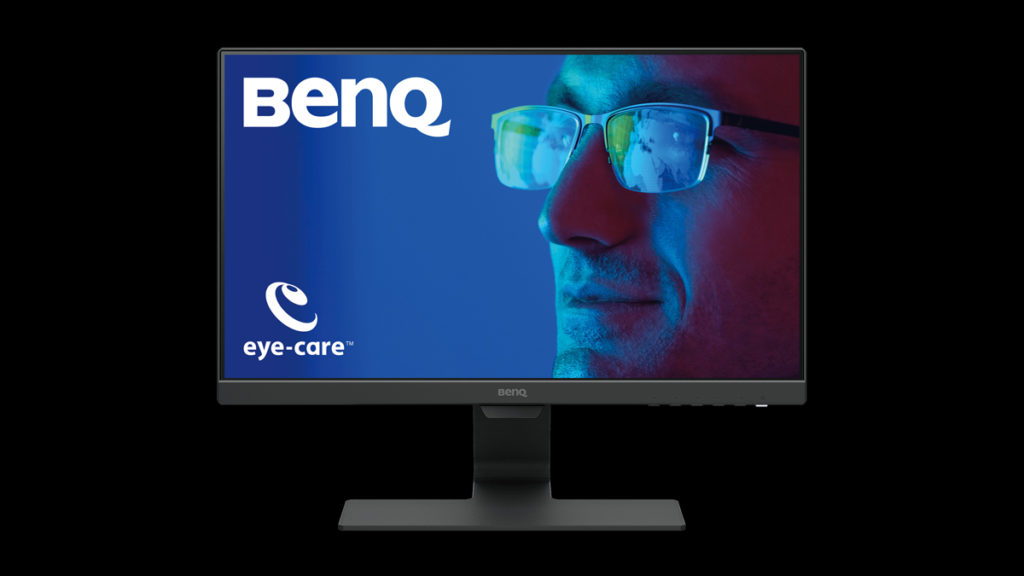
If you’re firing up f.lux (or Windows 10’s built-in “night light” feature) in the evenings to reduce your display’s color temperature for a better rest, you may be wasting your time. That’s according to a study led by Manchester University’s Tim Brown, who conducted an experiment on mice and found that blue light doesn’t disrupt sleep patterns as much as we thought. Assuming brightness levels are the same, yellow light is supposedly even worse and less relaxing.
…using dim, cooler, lights in the evening and bright warmer lights in the day may be more beneficial to our health. Twilight is both dimmer and bluer than daylight, they say, and the body clock uses both of those features to determine the appropriate times to be asleep and awake. Current technologies designed to limit our evening exposure to blue light, for example by changing the screen colour on mobile devices, may therefore send us mixed messages, they argue.
